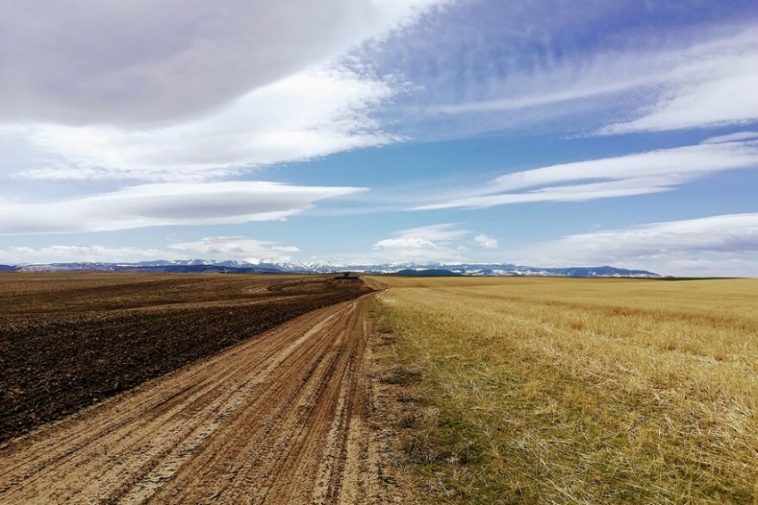Missoula, MT – A new federal regulation requiring businesses to disclose their “beneficial owners” has sparked confusion across the United States, with Montana’s agricultural sector feeling the weight of the uncertainty most acutely. Originally set to take effect on January 1, 2024, the rule mandates that businesses provide information about individuals who own or control their operations to the Financial Crimes Enforcement Network (FinCEN). However, recent legal challenges have temporarily delayed the implementation of the rule, leaving many business owners in a state of limbo.
A Major Concern for Montana’s Agriculture Industry
In Montana, the rule’s impact has been particularly significant, as many small businesses in the agricultural sector are now caught up in its requirements. Cynthia Johnson, President of the Montana Farm Bureau, expressed concern about the broad reach of the regulation. “In Montana agriculture, you’ve got a lot of ag-related businesses. All of those small businesses are impacted too, because anyone who organizes in any way and files with the state of Montana is subject to those filing requirements,” she explained.
For many small business owners in the state, complying with the rule presents significant challenges. Determining who qualifies as a “beneficial owner” and completing the necessary forms could require substantial time, effort, and financial resources—an especially tough hurdle for many businesses in the agriculture sector, which often operate on tight margins.
Legal Challenges Add to the Uncertainty
While the rule was initially set to take effect on January 1, its future is now uncertain due to a series of legal challenges. As of late December, multiple court orders have placed the regulation on hold, with conflicting injunctions creating confusion about whether businesses will need to comply in the immediate future.
Johnson explained the situation: “The beneficial ownership information reporting requirement for agriculture has been in flux. We were prepared to file, and then an injunction was created in early December. That was overturned and then put back in place, overturned again. As of two days after Christmas, it’s no longer a requirement. It’s basically on hold until all the legal arguments can be made.”
For businesses, this ongoing uncertainty has been frustrating. The lack of clear direction leaves many wondering whether they need to begin gathering and reporting their ownership data or whether they can delay their efforts.
Potential Penalties for Non-Compliance
If the regulation does eventually go into effect, the consequences for non-compliance could be severe. Businesses that fail to file the required information could face penalties of up to $10,000, as well as additional criminal penalties, including possible jail time for individuals involved. Given the potentially high stakes, many business owners are taking a cautious approach, preparing as if the rule will be enforced while awaiting final clarification.
Johnson urged business owners to remain vigilant despite the current legal limbo: “I think that everybody should be prepared to file, even though the filing deadline is now non-existent,” she said. “It’s just a matter of being ready in case the regulation is reactivated.”
Frustration Over the Unknown
The most significant source of frustration among Montana business owners seems to be the lack of clarity surrounding the regulation. “Most of the frustration comes from the unknown,” Johnson noted. “Certainty is always best when you’re trying to conduct business, whether you’re in agriculture or on Main Street. And that’s what we don’t have regarding this particular issue.”
The uncertainty is compounded by the resources businesses must invest to comply with the rule, which could involve legal advice and time-consuming administrative work. “You’ve got to spend time doing the reporting,” Johnson added. “You’ve probably got to spend money getting advice on what needs to be included, who qualifies, and who’s exempt. It’s going to be just a matter of gathering information and filling out the forms.”
Looking Ahead: Waiting for Clarity
For now, the future of the beneficial ownership reporting requirement remains in limbo. As the legal battles continue to unfold, Montana’s agricultural producers and small business owners are left in a holding pattern, uncertain about whether they will need to comply with the regulation in the coming months.
As the situation develops, Montana’s business community is hoping for clearer guidance, allowing them to either move forward with compliance or focus on other priorities. Until then, many will continue to prepare for a regulation that could reshape the way they operate, depending on how the courts rule.



